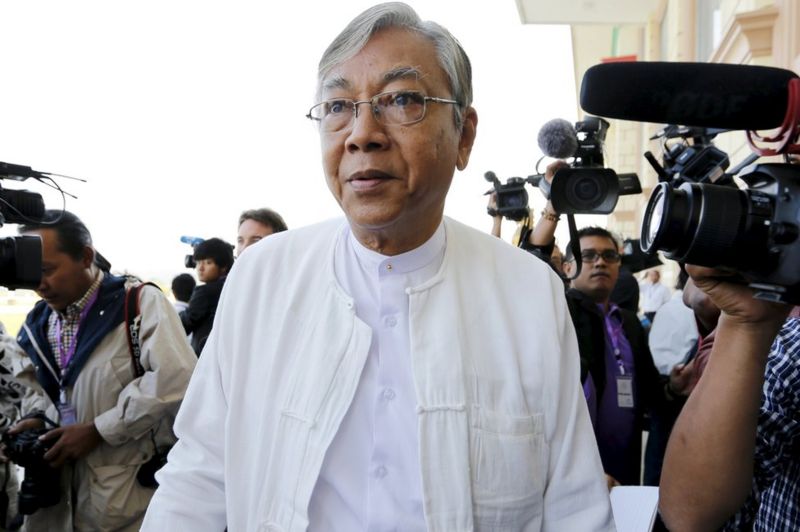Since the UN Security Council endorsed the United States and Russia’s Joint Statement on the Cessation of Hostilities in Syria on February 26, civilian deaths and violence appear to have decreased substantially. Although reports of violence have been reported, it has been difficult to assess how many of the reports are credible ceasefire violations due to the agreement’s lack of clarity on monitoring mechanisms.
Ceasefire agreements should generally include strong provisions on how to monitor compliance. In the context of civil war, however, there is no standardized best practice for monitoring, and mechanisms vary greatly from country to country. Lessons from other contexts would suggest that when the monitoring is well-planned and civil society is incorporated into the design of the monitoring mechanism, the ceasefire is more likely to hold. Syria’s ceasefire agreement is quite flimsy on this point and alludes only briefly to monitoring, suggesting that the parties develop a mechanism that includes a communication hotline and, if appropriate, “a working group to exchange relevant information.” It does not describe a method for civil society contributions or a process for investigation and verification of violation claims.
As a result, individuals and groups have set up ad hoc mechanisms for monitoring through social media and websites in order to collect information on incidents that might amount to ceasefire violations. The US State Department has also established a hotline that Syrians can call to report violations. The result of this information-gathering is unclear and neither Russia nor the United States has confirmed or denied that violations have occurred, leading to growing frustration that the violators can act without rebuke. An international or joint Russia-US monitoring mechanism to investigate and verify claims could work to give Syrians a sense that the international backers are taking the agreement seriously.
Even with a formal mechanism, verification of claims will be difficult because the parties have not agreed to a map of territorial control. The Islamic State of Iraq and al-Sham (ISIS) and Jabhat al-Nusra are exempt from the agreement, so attacks targeting or committed by these two groups are not violations of the ceasefire. Thus, each side can easily justify a violation by claiming that they were merely targeting ISIS or Jabhat al-Nusra. Without an agreement on which groups control what territory, it could be difficult to discredit such justifications.
Since there is no international monitoring presence in Syria, the work of civil society monitoring is even more important. To effectively assist with ceasefire monitoring, civil society can draw on human rights documentation principles. The most important of these principles include accuracy and impartiality. If an organization publicizes information that is proven false or biased, its own reporting will be discredited and civil society’s credibility may be harmed as well. Monitors should also be working transparently in a way that benefits their own communities while improving the security of opposing sides. This is a difficult task due to the deep hatreds that have developed since 2011, but will be necessary to lasting peace. Methods of human rights documentation can also be employed to monitor ceasefires, including the use of photographs, videos, and interviews to document and verify violations. Including metadata can help verify times and locations in pictures and videos that will lend credibility to claims.
Unlike documenting human rights abuses, however, ceasefire violations are not necessarily violations of international humanitarian or human rights law, but rather violations of the ceasefire agreement itself. An incident that is not a violation of humanitarian law might still be a violation of the agreement, depending on the agreement’s provisions. In the Philippines, for example, civilian ceasefire monitors developed Terms of Reference focusing on particular ceasefire-related incidents and their impacts on civilians’ safety and security to guide the monitoring process.
In addition to ceasefire monitoring, civil society groups can monitor the humanitarian situation to ensure that aid is reaching conflict-affected communities and basic needs are being met. Linking humanitarian aid to ceasefire agreements is essential to the success of ceasefires because the more needs that are met, the more likely Syrians are to commit to peace over renewed fighting. Civil society can also take advantage of the relative calm to educate conflict-affected communities on the peace process and begin the difficult task of building trust across communities to ensure an inclusive process that fosters peace from the ground up.
It is yet to be seen whether the current agreement on Cessation of Hostilities in Syria will have a lasting effect on the conflict. What can be guaranteed, however, is that its impact and long-term success will be greatly increased by a robust monitoring plan that includes civil society.
For more information and to provide feedback, please contact SJAC at info@syriaaccountability.org.


